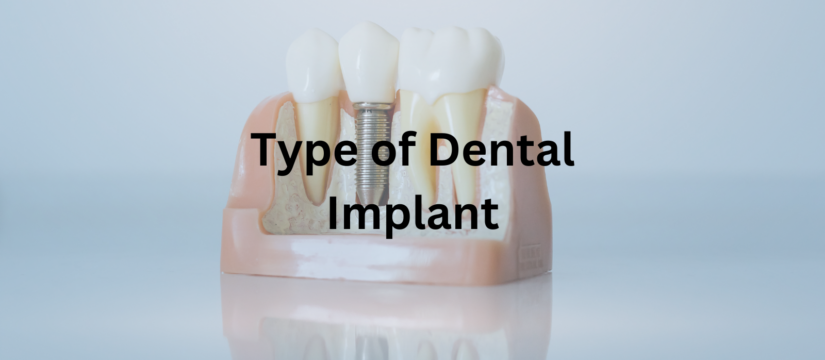
A Friendly Guide to Choosing the Right Dental Implant
A missing tooth can affect more than just your appearance. It can impact chewing, speech, and overall oral health. If you’re considering dental implants, understanding the options available can help you make an informed decision. If you’re looking for expert advice, visiting a Dentist in Rockville MD can provide clarity and guidance tailored to your needs.
Dental implants are one of the most reliable ways to replace missing teeth, offering a permanent solution that looks and feels natural. With various types available, knowing their advantages and potential drawbacks can make your choice easier.
Types of Dental Implants and Their Benefits
Modern dentistry provides several options for dental implants, each suited to different needs. Here’s a breakdown of the main types:
Endosteal Implants
These are the most common and are placed directly into the jawbone.
Pros:
- A strong and stable foundation for artificial teeth
- Mimics the function of natural teeth
- Long-lasting solution with proper care
Cons:
- Requires sufficient bone density for support
- Healing period before the final restoration is placed
Subperiosteal Implants
Unlike endosteal implants, these sit on top of the jawbone but beneath the gum tissue.
Pros:
- Suitable for patients with insufficient bone density
- Less invasive than endosteal implants
Cons:
- Not as secure as implants placed inside the bone
- Higher risk of implant failure over time
Zygomatic Implants
Designed for patients with severe bone loss, these implants anchor into the cheekbone rather than the jawbone.
Pros:
- Ideal for patients who cannot undergo bone grafting
- Provides a strong foundation for teeth replacement
Cons:
- More complex surgical procedure
- Limited availability and higher cost
Mini Dental Implants
A smaller version of traditional implants is often used for those with less bone mass or smaller teeth.
Pros:
- Less invasive and quicker procedure
- Faster healing time
- Suitable for stabilizing dentures
Cons:
- Less durable than standard implants
- Not ideal for replacing molars or supporting multiple teeth
Factors to Consider When Choosing an Implant
Each type of dental implant has its own set of considerations. Here are some important factors:
- Bone Density: Some implants require strong jawbone support.
- Healing Time: Certain types take longer to integrate with the bone.
- Cost: Prices vary based on implant type and procedure complexity.
- Long-Term Success: Different implants offer varying durability.
If you’re unsure which option suits you best, discussing your case with an expert in Dental Implants in Rockville MD can help determine the most effective solution for your dental needs.
Common Concerns and How to Address Them
Pain and Discomfort
Dental implant procedures are performed under anesthesia, minimizing discomfort. Mild soreness post-surgery is normal but can be managed with prescribed medications.
Healing Time
Healing varies by implant type. Some options, like zygomatic implants, allow for faster restorations, while others require months of integration.
Long-Term Care
Dental implants require maintenance similar to natural teeth, including regular brushing, flossing, and dental check-ups.
Cost of Treatment
While implants can be an investment, their durability often makes them a cost-effective choice over time.
Potential Complications
As with any surgical procedure, there is a risk of complications, including infection, nerve damage, or implant failure. However, choosing an experienced dental professional greatly reduces these risks.
How to Maintain Your Dental Implants
Keeping implants in great condition involves:
- Brushing twice daily with a soft-bristled toothbrush
- Using non-abrasive toothpaste
- Flossing to remove plaque buildup
- Avoiding hard or sticky foods that may stress the implant
- Regular dental visits for professional cleanings and check-ups
Proper care helps maximize the longevity of your implants, reducing the risk of complications.
Making the Best Choice for Your Smile
Dental implants can restore confidence, function, and oral health. With multiple options available, selecting the right implant depends on individual needs. Consulting with an experienced dental professional ensures the best outcome.
If you’re considering implants and want expert guidance, scheduling an appointment can help you move forward with confidence. A personalized consultation will provide insights specific to your case, allowing you to achieve a healthy, lasting smile.

